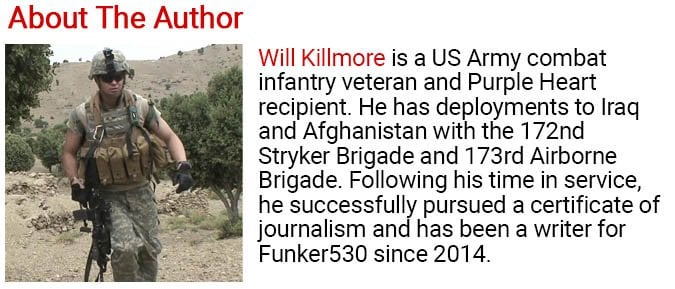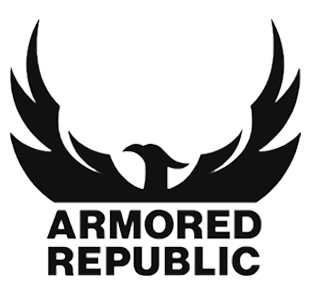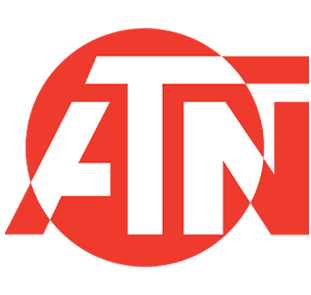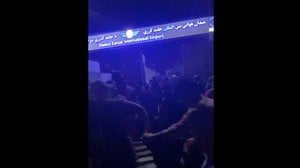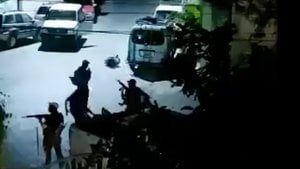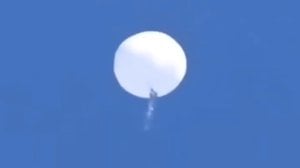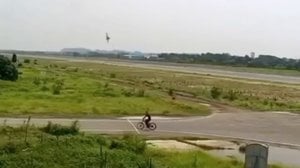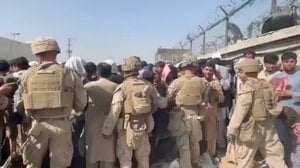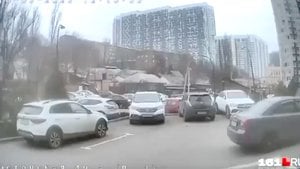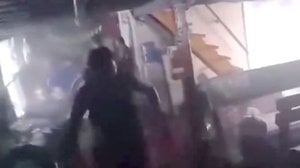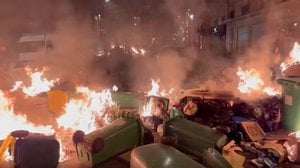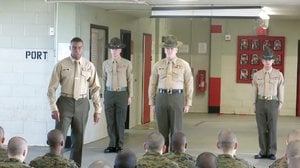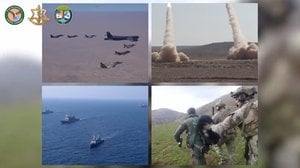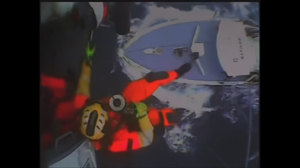
Northern Alliance Returns: Anti Taliban Front Forming In Panjshir
Published 2 years ago
While former Afghan president Ashraf Ghani may have fled the country with suitcases packed full of cash and the several-hundred-thousand "strong" national army vanished in the face of a massive Taliban offensive, the fight for Afghanistan is far from over. Key influential Afghan patriots have holed up in Panjshir, the only province to not fall to the Taliban, and are now forming a union of military and political opposition.
Significant figures include:
Ahmad Massoud: Symbolically powerful, Massoud is the son of the "Lion of Panjshir" Ahmad Shah Massoud, a legendary ethnic Tajik mujahideen warlord in the Soviet-Afghan War and leader of the Northern Alliance against the Taliban in the 1990's and early 2000's. Massoud was assassinated two days before the Sept. 11, 2001 al Qaeda attack on US soil, but his legacy lives on through his son.
Although Massoud stated he is willing to negotiate with the Taliban for a government inclusive to all Afghans, he also stated that he will not give in to the will of terrorism and is prepared to give his life and is ready to follow in his father's footsteps. Massoud has called on the US to supply arms and ammunition to his Panjshir-based anti Taliban resistance group.
Afghanistan Vice President Amrulla Saleh: Fought against the Taliban in the late 1990's as a member of the Northern Alliance. Later became top intelligence officer for the Afghan government, interior minister, and vice president.
Upon Taliban seizing control of Kabul, Saleh tweeted: "I will never, ever and under no circumstances bow to the Talib terrorists. I will never betray the soul and legacy of my hero Ahmad Shah Masoud, the commander, the legend, and the guide. I won't disappoint millions who listened to me. I will never be under one ceiling with the Taliban. NEVER."
Saleh also cited the national constitution and named himself president, "As per d constitution of Afg, in absence, escape, resignation or death of the President, the FVP becomes the caretaker President. I am currently inside my country & am the legitimate care taker President. Am reaching out to all leaders to secure their support & consensus."
Abdul Rashid Dostum: Former vice president who became a marshal in the Afghan National Army, Dostum and his unit fled into Uzbekistan upon the Taliban seizure of Kabul, but it is rumored that he is in correspondence with Saleh and Massoud to reform the Northern Alliance.
Dostum has been a critical figure in Afghanistan since the Soviet-Afghan War where he fought in support of the communist Soviets against the mujahideen. However, Dostum later defected to the mujahideen after the collapse of the Soviet Union.
Dostum led his own Uzbek militant group in Afghanistan throughout the 1990's, sometimes at odds with Massoud, but eventually united in the Northern Alliance to take on the Taliban. Dostum's communist leanings, repeated defections to the winning team, and retreats out of country have never garnered trust or support from Western intelligence and brings into question his commitment to the the current relaunch of the new Northern Alliance. That being said, Dostum's support of a new counter-Taliban front would be hugely influential to driving ethnic Uzbek support for the Northern Alliance.
The decades of unrest in Afghanistan is largely due to the diversity of the people. Although almost entirely Islamic, there are 14 recognized ethnic groups inhabiting the country. A major factor that makes the Northern Alliance different than the Taliban is their acceptance of the varying ethnicities and willingness to include them with representation in a future Afghan government, whereas the Taliban are Pashtun exclusive in combination with their strict interpretation of Islamic law.
Over a decade ago, I read the book "Taliban: Militant Islam, Oil and Fundamentalism in Central Asia" (written by Ahmed Rashid in 2000). It gives a great understanding of not only the Taliban, but the Northern Alliance as well, and all those involved and the history of the key players. Over the years, I felt the literature lost its relevance due to the time that has passed and the American involvement in Afghanistan... However, based on the events unfolding in the past few weeks, that book has become more relevant than ever, and it's almost as if Afghanistan is in the exact situation it was in the mid to late 1990's, like America's 20-year war never even happened. I highly recommend the read.
